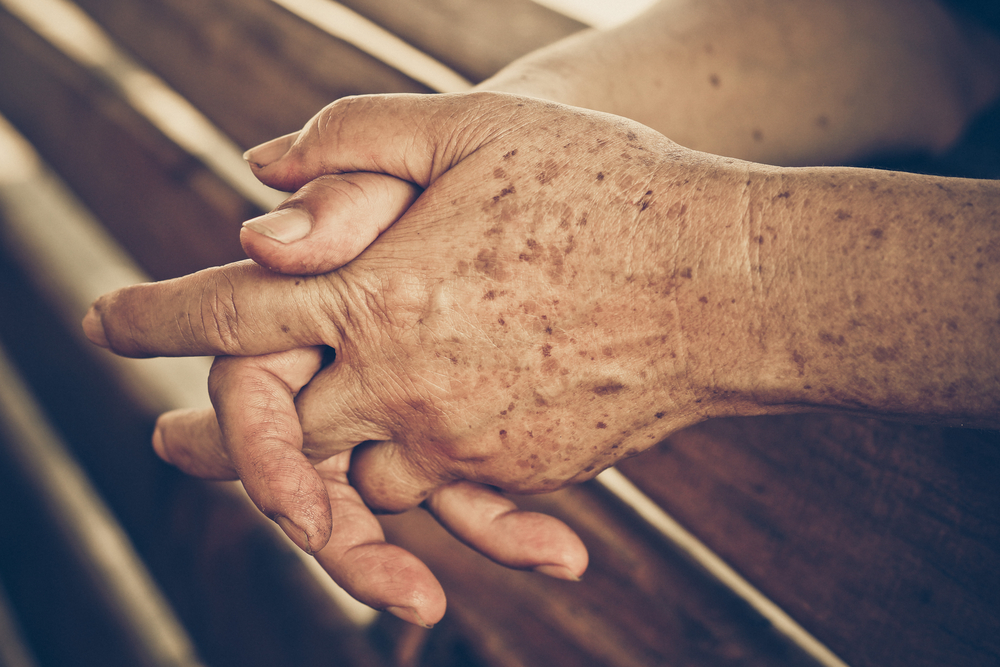Contents:
- Medical Video: Rheumatoid Arthritis | Nucleus Health
- Overview of rheumatic diseases
- So, can rheumatic disease be lowered in the family?
- The risk of rheumatic disease is triggered by certain genes
Medical Video: Rheumatoid Arthritis | Nucleus Health
Rheumatism is identical as an adult or elderly disease. But in fact, rheumatism can affect children and adolescents. This certainly makes you worry, especially if you have rheumatism and fear that your child will get the same disease due to heredity. Indeed, is it true that rheumatic disease is one of the genetic diseases? Find out the answer in the following review.
Overview of rheumatic diseases
Rheumatism or rheumatoid arthritis is one of the most common autoimmune diseases in society, especially in adults. This disease actually makes the immune system attack normal body cells, not foreign substances that can threaten health.
Rheumatism attacks the tissue surrounding the joint (synovial tissue) and connective tissue, so you will feel pain in the joints. Not only that, it can also cause inflammation and pain in other parts of the body, including the eyes, lungs, heart and blood vessels.
The causes of rheumatic diseases have not yet been known to date. Just like other autoimmune diseases, it is suspected that there are certain genes that can increase the risk of rheumatism. Meanwhile, rheumatism is also triggered by various factors, including viruses or bacteria, stress, physical trauma, certain hormones, and smoking habits.
So, can rheumatic disease be lowered in the family?
As many as 53 to 68 percent of rheumatic events occur due to family history. Some experts say that this is because there are certain genes that can increase the risk of rheumatism. So, it is possible that rheumatism can be lowered in the family line.
One study reported that the first generation of people who had rheumatism had a risk three times more likely to develop rheumatism as well. For example, if your parents have rheumatism, then you or your siblings are at risk for developing rheumatism as inherited from your parents.
This also applies to twins. Because the identical twins certainly have genes that are almost similar in both. So, if one identical twin brother has rheumatism, then there is a 15 percent chance that his twin brother might also experience rheumatism. While the twins are not identical, the possibility of developing rheumatism is only 4 percent.
The risk of rheumatic disease is triggered by certain genes
Reporting from Healthline, researchers have managed to find several genes that can increase the risk of rheumatism. However, not all people affected by rheumatism have these genes. Vice versa, not everyone with this gene will be affected by rheumatism in the future. Because, there are other trigger factors that contribute to the incidence of rheumatism.
There are four genes known to be related to rheumatic diseases, including the following:
- HLA: HLA (human leukocyte antigens) is a gene that acts to distinguish between body proteins and proteins of organisms that infect the body. This gene is most significant in developing rheumatism, especially the HLA-DRB1 gene. Because, someone who has the HLA gene in his body is at risk five times more likely to develop rheumatic disease.
- STAT4: STAT4 (signal transducers and activators of transcription 4) is a gene that acts to regulate and activate the immune system.
- TRAF1 / C5: TRAF1 / C5 (tumor necrosis factor-receptor associated factor 1 / complement component 5) is a gene that causes chronic inflammation in the body. So this gene can increase the risk of rheumatism.
- PTPN22: PTPN22 (protein tyrosine phosphatase non-receptor 22) is the gene most associated with the emergence of rheumatic diseases and the development of other autoimmune diseases, such as lupus, type 1 diabetes, and so on.
So it can be concluded that rheumatic disease is not a hereditary disease, it's just that the risk of rheumatism can increase if there is one family member affected by rheumatism.
Not all people who have rheumatoid trigger genes will definitely develop rheumatic disease, and vice versa. Because the rheumatic disease is caused by a combination of two things, namely genetic and environmental factors.












